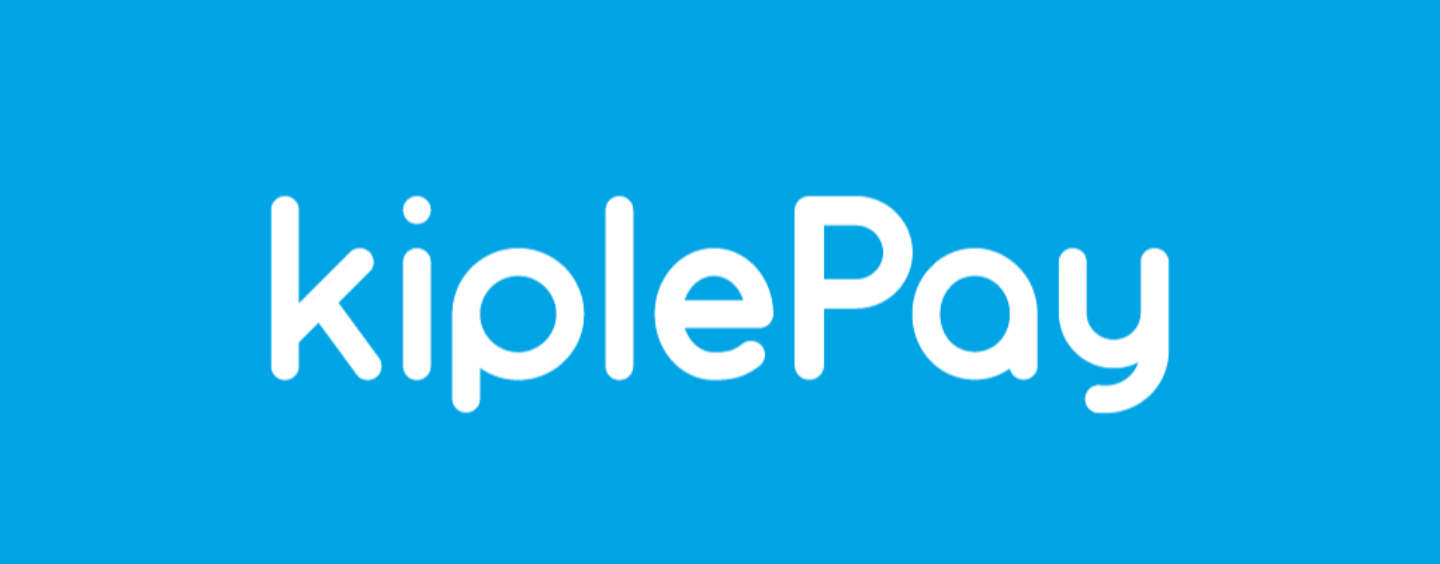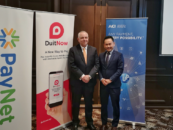
KiplePay’s White Labelled E-Wallet is Unlikely the First Approved by BNM as They Claimed
by Vincent Fong February 12, 2020There were multiple reports this week that claims KiplePay, a subsidiary of GreenPacket “has become the first fintech player in Malaysia to provide a white-labelled e-wallet solution with Bank Negara Malaysia’s (BNM) approval.”
While I have no doubt that they have received clearance from Bank Negara Malaysia to provide white label e-wallet solutions to the likes of Setel, I’m doubtful that they are the first.
Claiming you’re the first in something is not something uncommon, and most of the time it’s harmless, which is why we would normally just remove the word “first” when we run the story.
However, in the case of KiplePay, claiming that they are the first to be approved would imply all the other white-labelled e-wallet solutions that came before KiplePay’s project with Setel is either illegal or did not receive proper regulatory clearance.
Which is why we felt it is necessary to clarify what is most likely to be misinformation.
Players like FassPay, a subsidiary of Soft Space has gone on record to say that they have 4 customers currently using their white labelled e-wallet solution in 2019 and they have only done so after receiving the proper clearance from Bank Negara Malaysia on February 2019.
Chris Leong, CEO Fasspay further added in a statement to Fintech News Malaysia that,
“What matters most is that any solution we introduce to the market is done only after Bank Negara Malaysia allows us to do so. Every time we onboard new customers with our e-wallet solutions, as we have with our 4 customers, we adhere to stringent guidelines set forth by the regulator, and we keep them updated with our progress every step of the way.
We would like to assure our existing and our prospective customers that every solution we introduce is in compliance to all of Bank Negara Malaysia’s rules and regulations,”
Fintech News Malaysia has also reached out to iPay88 to verify the story and its co-founder Chan Kok Long confirms that they too have white labelled e-wallet solutions in the market that received the proper clearance from Bank Negara Malaysia. Simultaneously we’ve also reached out to Bank Negara Malaysia for an official statement, and this article will be updated accordingly as and when they respond.
While KiplePay’s claims may be inaccurate, I don’t necessarily think it was malicious nor do I fault them — it could be just a genuine case of them not knowing that others have received the same clearance.
However, I do feel as journalists we have a responsibility to verify and fact-check stories before publishing it as is. In this digital age where speed is crucial to a news organisation, one must not forgo accuracy.







